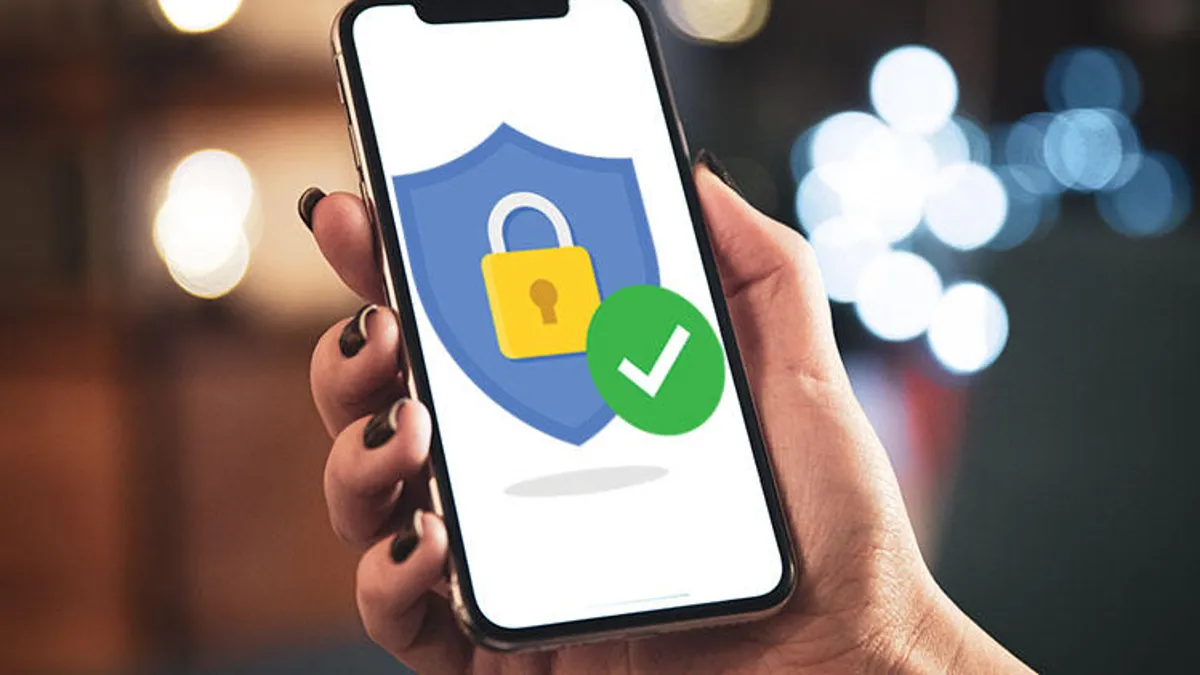In an era of increasing digital threats, ensuring the security of our personal information has become paramount. Apple’s iPhone is renowned for its commitment to privacy and data protection. With a range of built-in security features, iPhones offer users robust protection against unauthorized access and safeguard their sensitive information. In this article, we will explore some of the important security features found in iPhones, highlighting their significance in keeping your digital life secure.
Face ID and Touch ID
Face ID and Touch ID are advanced biometric authentication technologies that add an extra layer of security to your iPhone. Face ID uses facial recognition technology, while Touch ID utilizes your fingerprint to unlock your device and authenticate various transactions. These features provide secure and convenient access to your iPhone while protecting it from unauthorized users who may attempt to gain access to your personal data.
Secure Enclave
The Secure Enclave is a dedicated chip integrated into iPhones that handles sensitive information related to biometric data and cryptographic operations. It ensures that your Face ID or Touch ID data is securely stored and processed within the device, minimizing the risk of it being compromised or accessed by external parties.
Two-Factor Authentication
Two-Factor Authentication (2FA) is a powerful security measure that adds an extra layer of protection to your Apple ID and associated services. By enabling 2FA, you require an additional verification code to access your account, making it significantly more challenging for unauthorized individuals to gain access, even if they possess your password. This feature provides enhanced security for your iCloud data, App Store purchases, and other Apple services.
Secure App Store Ecosystem
The App Store’s stringent review and approval process ensures that only trusted and vetted apps are available for download. This significantly reduces the risk of malicious apps infiltrating your iPhone and compromising your data. Additionally, Apple’s sandboxing techniques isolate apps from each other and the operating system, enhancing overall security and minimizing the potential impact of any app vulnerabilities.
Data Encryption
Data encryption is a fundamental security feature on iPhones. When enabled, your device automatically encrypts all your stored data, including messages, photos, and app data. Encryption scrambles the data and makes it unreadable without the appropriate decryption key, adding a robust layer of protection against unauthorized access, especially if your device falls into the wrong hands.
App Privacy Labels
With iOS 14 and later versions, Apple introduced App Privacy Labels on the App Store. These labels provide a transparent overview of the data an app collects from you and how it is used. By reviewing these labels, you can make informed decisions about which apps have access to your personal information, thereby maintaining greater control over your privacy.
Conclusion
iPhone users benefit from a wide array of security features designed to protect their personal information and ensure a secure digital experience. Face ID, Touch ID, the Secure Enclave, Two-Factor Authentication, the Secure App Store ecosystem, data encryption, and App Privacy Labels all contribute to the robust security measures employed by Apple. By leveraging these features and staying informed about best security practices, iPhone users can confidently enjoy the benefits of their device while minimizing the risk of unauthorized access and data breaches.
